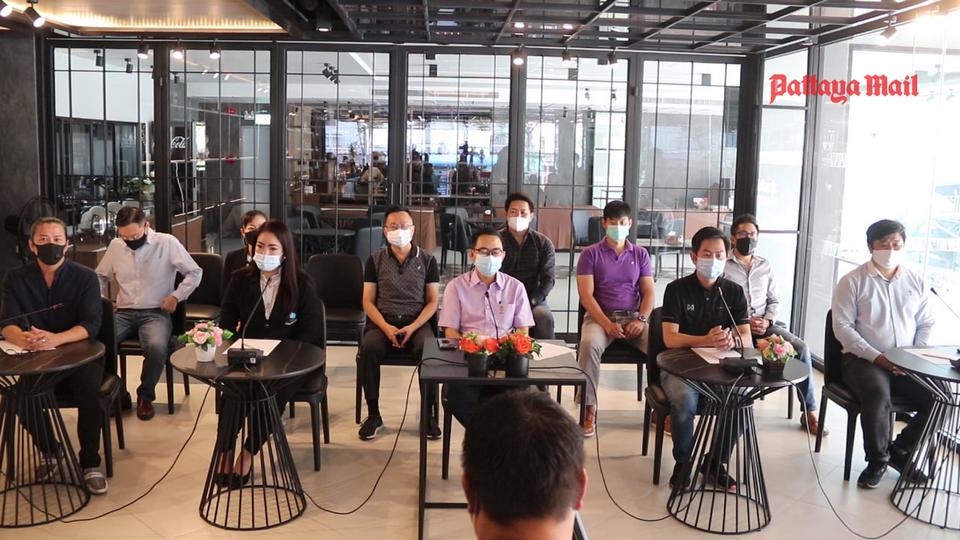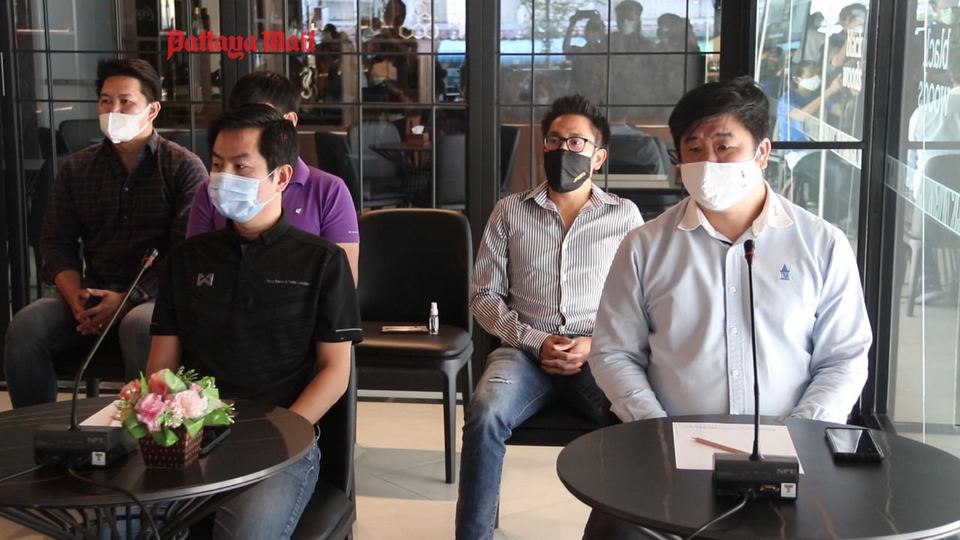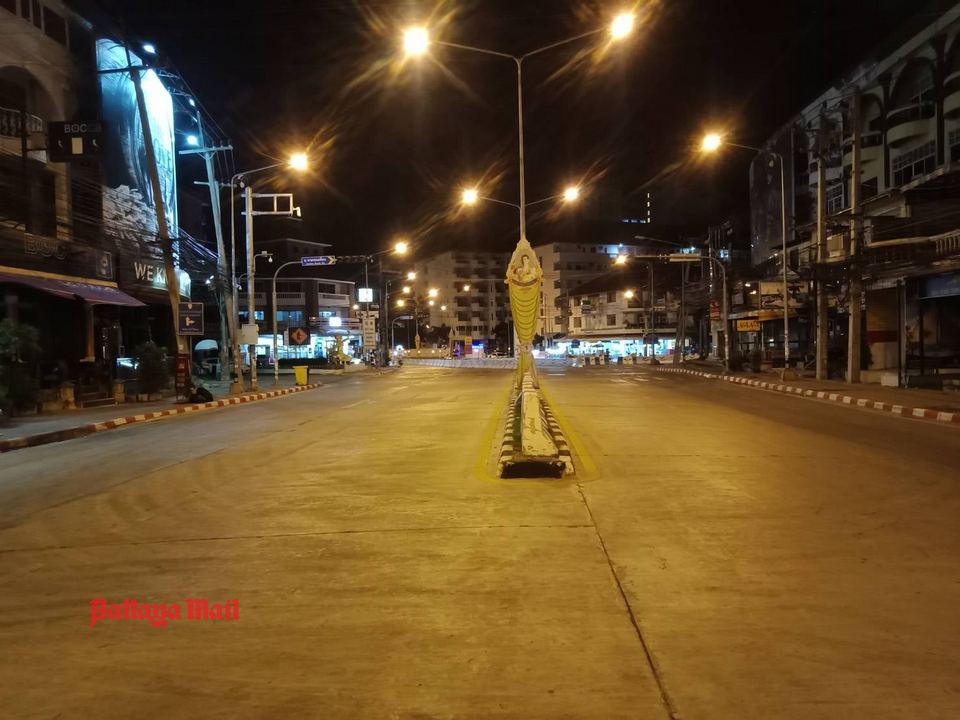
Pattaya-area tourism associations again asked Chonburi’s governor to order the closure of all hotels so employees can receive government unemployment benefits.
As they did in April, the Thai Hotels Association Eastern Chapter, Chonburi Tourism Industry Council and six other organizations petitioned the governor for economic relief to help business owners and employees during the new coronavirus epidemic.

Speaking at the Blackwoods Hotel on Soi 7 Jan. 9, hotel association chief Phisut Sae-khu explained that, if hotels close voluntarily due to a lack of business, employees are left jobless with no assistance. If the hotel is ordered to close, they can collect half of their salary up to 15,000 baht a month.
Hotels made the same request in April, which Chonburi eventually agreed to.

Tourism Council member Thanet Supornsahatrangsi estimated that 80 percent of Pattaya’s tourism businesses already have shut down and blamed the government for causing the second wave.
The first coronavirus outbreak couldn’t have been helped, Thanet said, noting it spread quickly from China before anyone was aware. This time, however, the epidemic was entirely preventable if “corrupt” government officials had not let virus-infected illegal aliens enter the country and if police had done their job and shut down illegal casinos everyone knew existed.

Worse, during this second wave the government is doing virtually nothing to help either affected businesses or workers, Thanet said. Unemployment benefits have been cut from 65 percent of salaries last time to 50 percent this time and no direct financial aid, regulatory changes or tax breaks have been offered this year.
Given that the second wave is largely the government’s fault, it has a responsibility to financially assist those who have lost their businesses or incomes, he said.
The eight tourism associations signed a letter submitted to Chonburi’s governor calling not only for the hotel-closure order but also expansion of the Social Security Fund to pay unemployment benefits for 200 days, a cut in Social Security employer contributions to 1 percent, discounted utility bills until the end of the year, exemptions or reductions in tariffs as well as land, sign and maintenance taxes, and a six-month debt-repayment moratorium.





